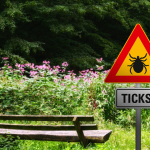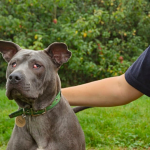
Summer Holidays With Your Pet
Summer is here and many of us are looking forward to a well-deserved holiday. But, there is a quite a lot to consider when you have Summer holidays with your pet.

Depending on your holiday arrangements and the temperament and health condition of your dog or cat, you may decide to take them with you or leave them with a responsible caregiver.
Should I take my pet on holiday with me?
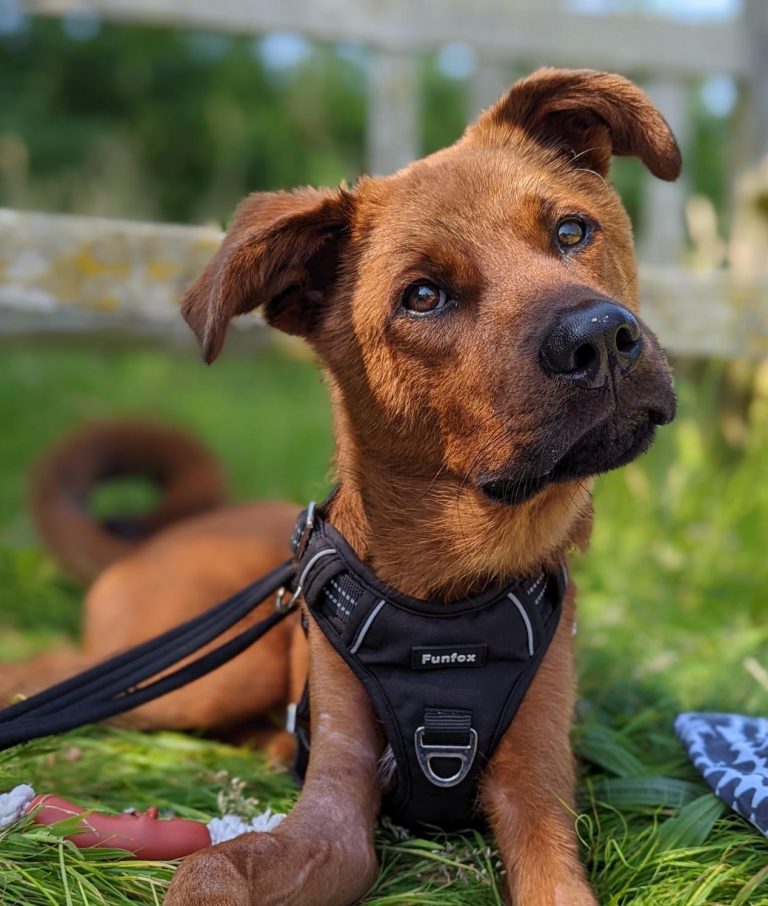
For some dogs and cats, the benefits of going on holiday don’t outweigh the stress of travelling and the change in environment.
Consider your pet’s age, temperament and health when making a decision for what’s best for them.
You’ll also need to think about the practicalities of travelling with your pet — remember your pet will need to be vaccinated against certain diseases and have a valid pet passport or animal health certificate if travelling internationally.
If you do make the decision to bring your pet on holiday with you, here are some things to consider:
Taking your pet on holiday
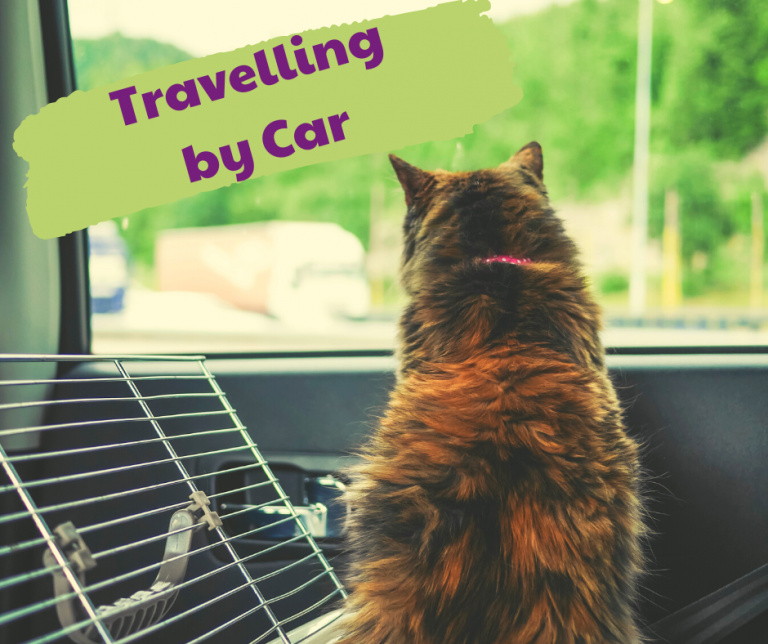
- Pets can find car travel stressful, especially if they’re not used to it. It may be beneficial to try a few short journeys before you go on holiday, to get them used to the unfamiliar environment and movement of the car.
- It is important that you make sure your pet is safe and secure, so they don’t distract you when you are driving, injure themselves or escape the vehicle. Cats should be kept in suitable, secured carriers with plenty of space to sit, stand, move and lie down. Dogs should be in a dog crate, dog harness or you could use a dog guard for the car’s boot.
- Take plenty of water with you and schedule regular breaks so your pet can exercise and go to the toilet.
- Don’t feed your pet within two hours of departing, they’re likely to travel better without a full stomach. If you’re taking a long journey, take your pet’s food with you and ensure you take a break to feed them a light meal, ensuring they have enough time to rest and digest before continuing on your journey.
- Never leave your pet in a car.
- If your pet suffers from travel sickness, speak to your vet.
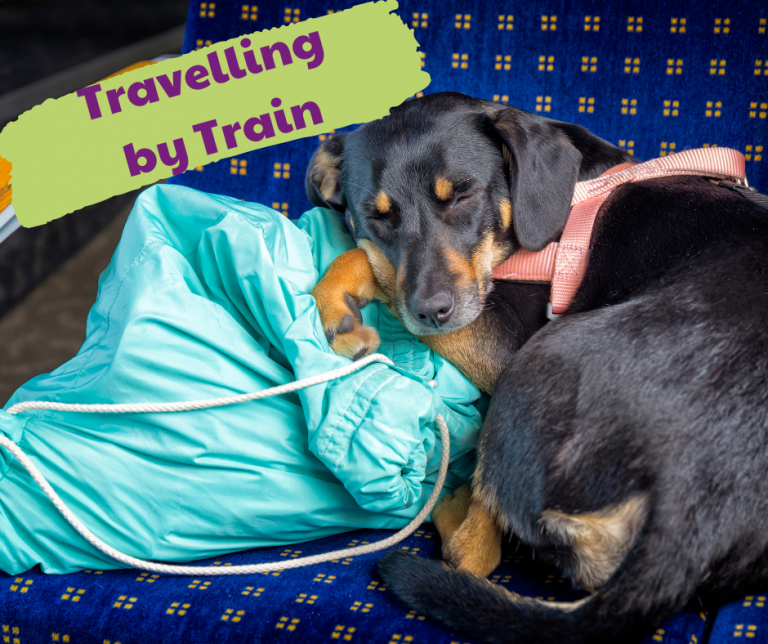
- Similar to travelling by car, pets can take some time to get used to train travel; so it might be a good idea to try a couple of short, local journeys before making a longer one.
- Contact the rail company prior to arranging travel to check what their pet policy is, and try to travel during the coolest part of the day and during quieter times if possible.
- Always make sure your pet is secure, comfortable and has regular access to water.
Before leaving for a holiday with your pet
- Check the weather – if it’s likely to be hot, you may need to make arrangements for your pet to stay inside where they can keep cool. Look up local pet-friendly activities and places like good walks and pubs with gardens.
- Check where you’re staying allows pets and has everything they’ll need, including access to an emergency vet if needed.
- Ensure your pet is microchipped and has a collar with your name, holiday address and contact details.
- Take a familiar object, like a blanket, especially if they’ll be spending time there alone.

On holiday with your pet
- Try to stick to your pet’s normal routine as much as possible, especially when it comes to feeding, walking and toilet breaks.
- Keep your pet on the same diet as at home
- Make sure your pet has lots of time to rest in a quiet and comfortable space. This is especially important for cats, who may benefit from a special hiding place where they can snuggle away.
- Keep your pet secure by using a lead on walks — new surroundings mean higher chances of getting lost.
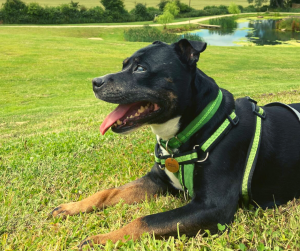
Leaving your pet with a responsible caregiver
Many cats and dogs would simply prefer to be left with a trusted family member, friend or other caregiver while you enjoy your adventures.
If you think this is the best option for your furry friend, there are a few options to consider.
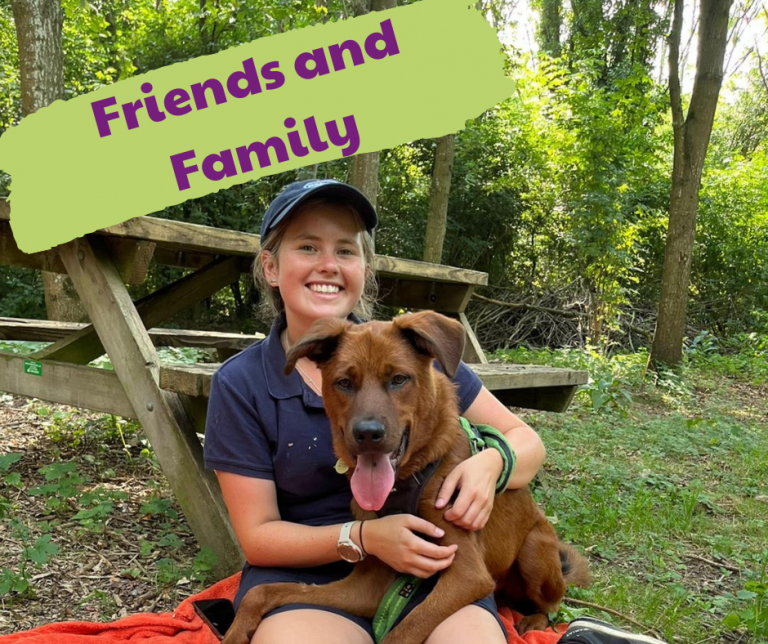
Before leaving, check if the person caring for your pet has:
- Details of their routine and is willing to stick to it as closely as possible.
- Their usual food and treats with feeding instructions.
- Contact details for your vet (including their emergency and out-of-hours service).
- Health information, including instructions for administering any necessary medication.
- Details on how to exercise your pet and any tips to bring out their best behaviour.
- Any necessary supplies including collars, leads, litter trays, scratching posts and toys.

If you can’t find a friend or family member to look after your pet, another option is hiring a professional pet-sitter, who will stay in your home and care for your pet while you’re away.
- Always ask to see a copy of their DBS certificate and ask for references where possible.
- Your pet sitter should have insurance to cover your pet in case of an emergency.
- Introducing your pet to their new carer over a series of short sessions before you go away will help them settle when you’re on holiday.
- Give your pet sitter all the information they need to care for your pet – see our tips above.
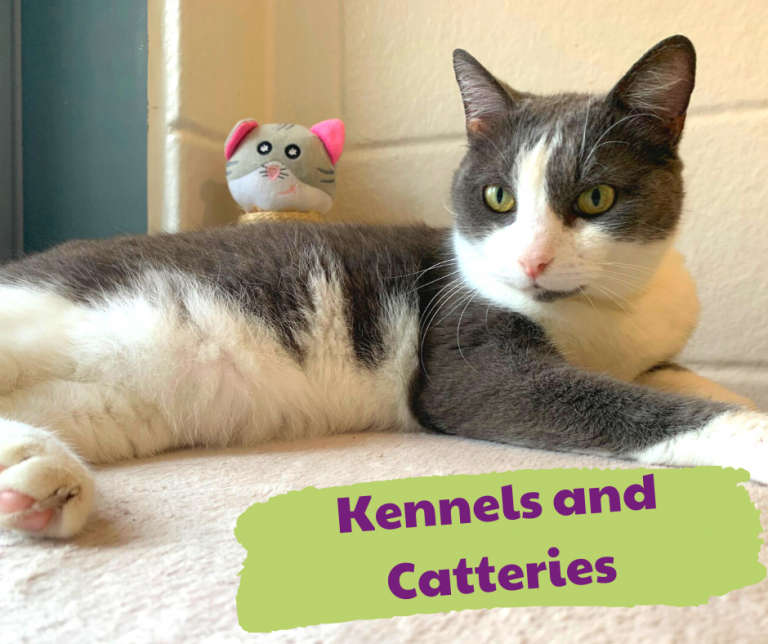
Decided on a kennel or cattery? For peace of mind, ensure that:
- They have an up-to-date licence and suitable insurance cover.
- The facilities are clean and secure and will provide your pet with the home comforts they need – including plenty of shade and somewhere to rest undisturbed.
- The staff will provide your pet with the exercise and social contact they need.
- You provide them with proof of your pet’s vaccinations (they should request this from all owners to prevent the spread of contagious diseases), and information about your pet’s diet and general health, as well as any medical issues they should be aware of.
- Your pet may feel more at home if you leave a familiar smelling item with them, like a blanket or a worn item of your clothing.
- You give the kennel or cattery enough of your pet’s regular food and any medication they’ll need to administer while you’re away
No matter who is taking care of your pet while you’re away from home, always make sure you:
- Feel confident that they will care for your pet properly.
- Give them clear instructions on how to care for your pet.
- Leave contact details for your vet.
- Ensure your pet is microchipped and is wearing a collar clearly displaying the contact details of where they’re staying, in case they’re separated from their caregiver.
Having a Staycation?

You are in luck! The Cotswolds is a heaven for dog owners spending their Summer Holidays with their pets.
Read More…
Categories
- Appeals (4)
- Events (5)
- News & Updates (27)
- Happy Tails (12)
- Past Appeals (64)
- Past Events (66)
- Support & Advice (34)
- Challenge Events (2)
Recent Posts
Related posts


Be aware of plants that can be toxic to your pet!

Dog theft - Prevention and Advice

Paws for Prevention: Neutering facts and advice

To report cruelty or an animal in distress call 0300 1234 999


